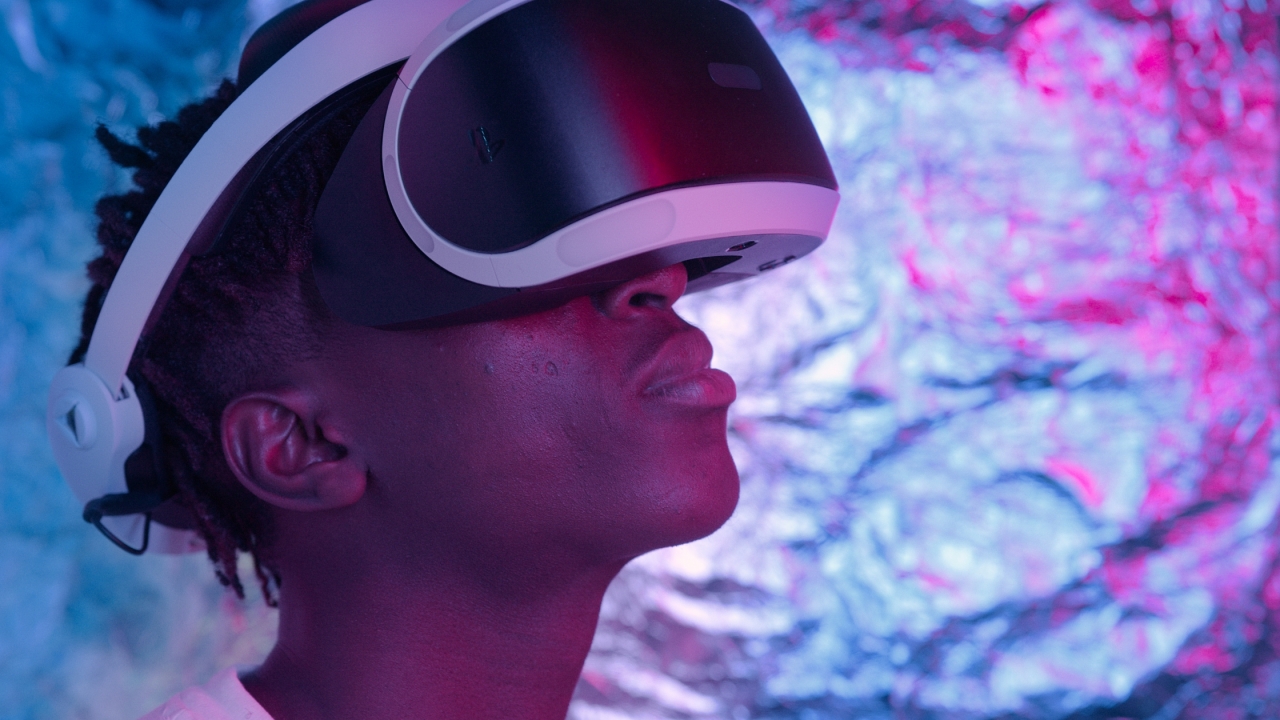Embracing the Future of Work with AI and Digital Technology
In a world where over 87% of employees value the opportunity to work remotely, it’s evident that the landscape of the workplace is transforming. I firmly believe that the days of traditional roll call and rigid attendance guidelines are behind us. We are entering an era where outcomes take center stage, and work-life fluidity is not just a trend but a crucial aspect on both employees’ and leaders’ minds.
The Office’s Evolution
I predict a shift in the role of the office space. Instead of being a daily hub, offices will become spaces for team-building gatherings. Great leaders will emphasize community-building, creating environments that foster collaboration and clear purpose. This means saying goodbye to mandatory commutes and embracing a work structure focused on meaningful interactions and task-based meetings.
Leadership and High Performance
Top talent will choose to work with leaders who balance kindness, empathy, and a drive for high performance. The synergy between compassion and achievement is a powerful combination. Companies that embrace this reality will accelerate their success, attracting the best of the best in the process.
Remote Work
As remote work becomes a staple, the best leaders will be intentional about creating a culture of belonging. Deeper understanding of team members, two-way communications, and tools for community-building will be crucial. The future belongs to leaders who recognize the potential of remote work in enhancing a sense of belonging in the workplace.
Shorter Workweeks
Anticipate a shift towards shorter workweeks. Recent experiments in Britain, where companies adopted four-day workweeks, showed no loss of productivity and even improvements. Companies embracing this change are witnessing a surge in applications, emphasizing the desire for a more efficient and balanced work life.
Time Off for Well-Being
The practice of company-wide time off or recharge days will continue to grow. Providing collective resets for employees not only boosts morale but also sends a powerful message about the company’s commitment to well-being. In a world where mental health is gaining recognition, companies embracing this approach will have happier, healthier, and more engaged employees.
The Blurry Future
While predicting the future is challenging, certain trends seem inevitable. Connectivity, networks, and friendships will become focal points as we navigate through the themes of isolation and fragmentation. Autonomy and flexibility will continue to be central, with companies providing both place and time flexibility.
In the evolving landscape, the independent worker will gain prominence. The rise of skilled freelancers and individuals wielding generative AI reflects a shift towards self-governance in work. Embracing change, listening, and staying adaptable will be the keys to success.
Advancement of Automation and AI
The rise of automation and AI will undoubtedly reshape the workforce. While some professions face automation, others, like data analysis, machine learning, and programming, will flourish. Soft skills such as creativity and empathy will become increasingly valuable, leading to growth in sectors like medicine, teaching, and social work.
Telecommuting’s Rise
Telecommuting, accelerated by the COVID-19 pandemic, is here to stay. Studies show increased productivity and cost savings for businesses. The future workplace may see a balance between remote and in-person work, allowing greater flexibility for employees to choose when and where they work.
Lifelong Learning
With technology evolving rapidly, continuous learning and upskilling will become imperative. Traditional education may no longer suffice, and workers will engage in lifelong learning through innovative approaches. This shift will empower individuals to learn at their own pace, adapting to the changing demands of the workforce.
Embracing Change
Diversity, equity, and inclusion will play a pivotal role in the future of work. Employee well-being and mental health will receive increased attention, prompting companies to create supportive environments. The gig economy and freelance labor will contribute to a decentralized workforce, altering perspectives on work and careers.
In conclusion, the future of work is multifaceted, shaped by automation, remote work, continuous learning, diversity, and well-being. To thrive in this dynamic environment, individuals and organizations must adapt, evolve, and embrace change.






